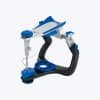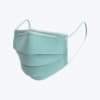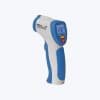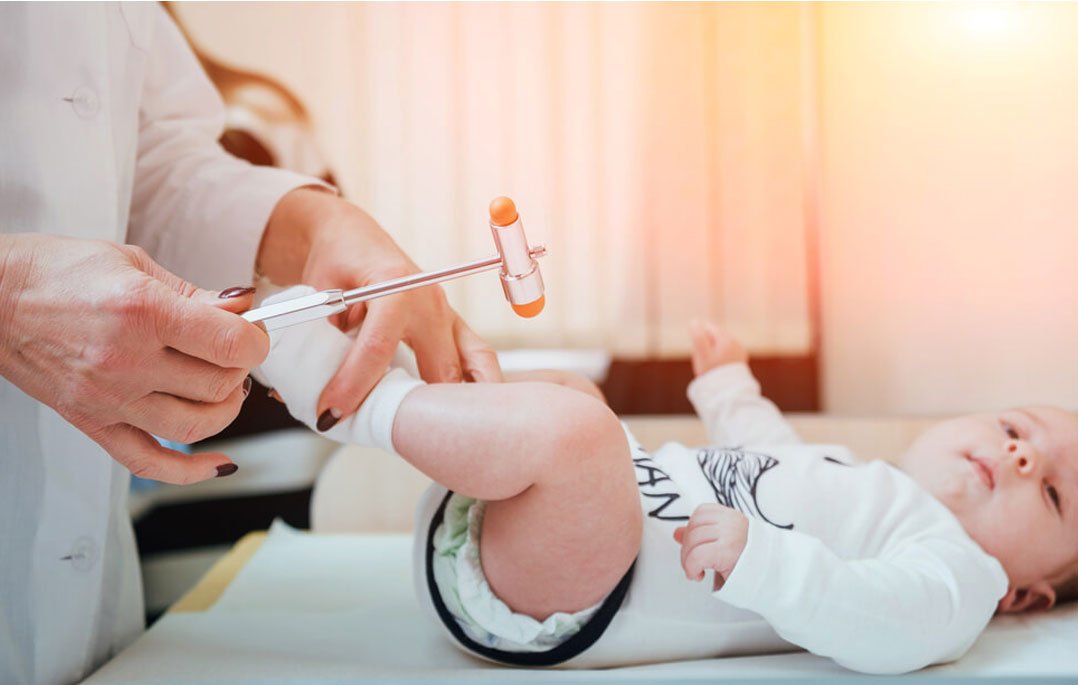Subtotal: $4398.00
Pediatrics & Neonatology – Complete Care for Children and Newborns
At Mayom Hospital, our Pediatrics & Neonatology Department is dedicated to the health and well-being of children, from newborns to adolescents. We know that caring for a child’s health requires more than medical expertise; it requires compassion, patience, and an understanding of each child’s unique needs. Whether it’s a routine check-up, emergency care, or specialized treatment for newborns, our team is here to support families every step of the way.
Why Choose Mayom Hospital for Pediatrics & Neonatology?
Children are not just small adults; they need specialized care designed for their growth and development. At Mayom Hospital, our pediatricians and neonatologists are experienced in managing both everyday illnesses and complex conditions in children of all ages.
- Comprehensive Child Care: From preventive health to emergency treatment
- Specialized Neonatal Care: Advanced facilities for premature and critically ill newborns
- Experienced Pediatricians & Neonatologists: Experts trained to care for infants, children, and adolescents
- Child-Friendly Facilities: Designed to make hospital visits less stressful for children and parents
- Family-Centered Approach: Parents are actively involved in every step of care
Conditions We Treat
Our Pediatrics & Neonatology team manages a wide range of conditions, including:
- Common childhood illnesses (fever, cough, flu, infections)
- Growth and developmental disorders
- Asthma, allergies, and respiratory diseases
- Pediatric diabetes and endocrine disorders
- Gastrointestinal and nutritional problems
- Neurological and behavioral conditions in children
- Neonatal jaundice and infections
- Prematurity and low birth weight complications
- Congenital conditions identified at or after birth
Symptoms That May Need Pediatric or Neonatal Care
You should consult a pediatrician or neonatologist if your child experiences:
- High fever or recurrent infections
- Breathing difficulties or a persistent cough
- Poor feeding, vomiting, or digestive problems
- Delayed growth or developmental milestones
- Seizures, fainting, or unusual weakness
- Jaundice or lethargy in newborns
- Any sudden change in health or behavior without a clear cause
Early diagnosis and treatment are especially important in children to ensure healthy growth and development.
Our Services
General Pediatrics
- Routine check-ups and growth monitoring
- Immunization and vaccination programs
- Nutritional and developmental counselling
Acute Care
- Management of infections, fevers, and seasonal illnesses
- Emergency response for pediatric trauma and critical conditions
Chronic & Specialized Care
- Asthma and allergy management
- Diabetes and hormonal disorder care
- Neurology and behavioral health support for children
Neonatology Services
- Care for premature and critically ill newborns
- Neonatal Intensive Care Unit (NICU) with advanced monitoring
- Treatment for congenital and birth-related conditions
Our Expert Team
Our team includes skilled pediatricians, neonatologists, and pediatric nurses who combine clinical expertise with a child-friendly approach. They work closely with specialists in nutrition, neurology, cardiology, and surgery to ensure complete care for every child.
Facilities & Infrastructure
We are equipped to provide advanced care for both children and newborns through:
- Level III Neonatal Intensive Care Unit (NICU)
- Pediatric Intensive Care Unit (PICU)
- Child-friendly outpatient and inpatient wards
- 24×7 emergency and trauma care for children
- On-site pharmacy, radiology, and diagnostic labs
Our Approach to Care
At Mayom Hospital, we see pediatrics and neonatology as more than just treatment—it’s about nurturing healthy futures. We focus on guiding parents, supporting children, and ensuring care that is safe, gentle, and effective.
- Prevention First: Immunizations, screenings, and growth monitoring
- Personalized Care: Tailored to each child’s age, health, and needs
- Clear Communication: Helping parents understand diagnoses and treatments
- Holistic Support: Addressing physical, emotional, and developmental health
Testimonials
"My baby was born premature and needed special care. The NICU team at Mayom Hospital was incredible. They explained everything clearly and cared for my child like their own." – Shalini, Gurugram
"We rely on Mayom Hospital for all our children’s health needs, from regular vaccinations to emergency care. The doctors are patient, knowledgeable, and very approachable." – Vikram, Gurugram
A pediatrician cares for children of all ages, while a neonatologist specializes in treating newborns, especially premature or critically ill babies.
Yes. We provide complete vaccination programs for children as per international guidelines.
Yes. Our Neonatal Intensive Care Unit is operational 24/7 with highly skilled staff and advanced equipment.
Book an Appointment
At Mayom Hospital, our Pediatrics & Neonatology Department is committed to supporting your child’s health and growth from day one. Whether it’s routine care, emergency treatment, or specialized newborn services, we are here to care for your child with expertise and compassion.
 Surgery Hands Gloves
Surgery Hands Gloves D-Ribose Drug Medicine
D-Ribose Drug Medicine CAD Dentistry Prosthesis
CAD Dentistry Prosthesis Surgery Safety Mask
Surgery Safety Mask Infrared Thermometers
Infrared Thermometers


.svg)
